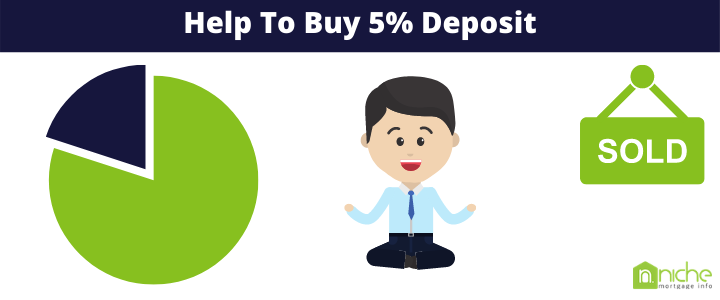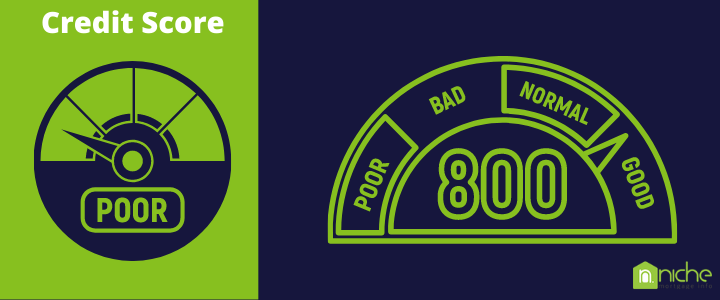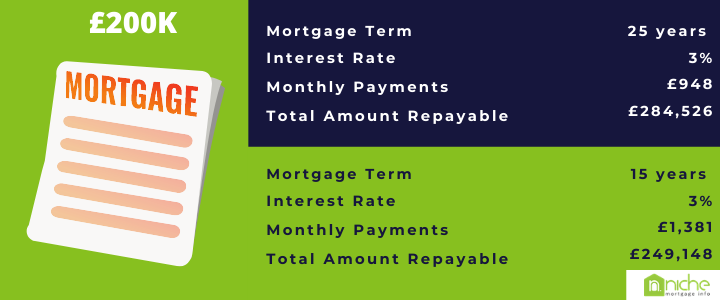Everything you need to know about Islamic mortgages
Islamic mortgages are a type of mortgage based on Islamic principles, and therefore has some unique conditions and a slightly different process.
Islamic mortgages have been growing in popularity in the past few years for people who want to be good to their bank account and religious beliefs. However, Islamic mortgages are not suitable for everyone. Read on to find out if Islamic loans are suitable for you.
Islamic mortgages will typically require a down payment of at least 20% of the purchase price. And lenders will carry out the same affordability checks as any other mortgage provider.
This initial down payment must come from an individual's savings, funds from family members or friends, profit from selling other assets such as stocks or bonds, gifts given by relatives living abroad, or business income.
What is an Islamic mortgage?
Islamic mortgages are a type of mortgage that is based on Islamic principles. Islamic mortgages follow Islamic law or Sharia. For example, Islamic principles state that money should only be used for productive purposes; therefore, Islamic loans cannot be spent on frivolous gambling or buying alcohol.
Islamic loans may not charge interest either but can charge higher administration costs. In general, a sharia mortgage will be more expensive than a traditional mortgage.
There are different types of Islamic mortgages that can help you to get on the property ladder while remaining compliant with your principles.
A key thing to note about Islamic banking is that risk is shared between the lender and the borrower. This is why an Islamic mortgage will typically require a higher deposit of at least 20% of the property value.
Instead of charging interest on the loan amount, the lender will work with you to complete payments over a fixed period. In addition, the lender will usually fully or part-own the house until you have completed your payments.
Ijara: With this type of mortgage, the bank purchases the property and then leases it to you for a fixed term. Once the term is over, ownership of the property is transferred to you.
Musharaka: This is a co-ownership agreement where you split the property with the bank. You pay mortgage payments and rent on the remaining property share. Over time, as your principal amount increases, your rental payments increase. At the end of the payment period, you own the whole property.
Murabaha: In this situation, the bank purchases the property on your behalf. They will then sell the property to you at a higher rate. For example, if a property is worth £150,000, the bank may sell it to you for £200,000. You make equal instalments over the lifetime of the mortgage.
Interesting facts about Islamic mortgages
- Around 2,500-3,000 residential and buy-to-let mortgages are issued in the UK every year.
- There are currently 6 HPP providers operating in the UK, with more expected to announce products in the next few years.
How common are Islamic mortgages?
There are only a small number of providers offering Islamic mortgages in the UK. However, it's worth noting that you don't have to follow the Muslim faith to take advantage of this mortgage type. This type of mortgage is available to anyone interested in it.
Every Muslim in the UK who requires a loan to purchase property will have a sharia-compliant mortgage. There are currently a limited number of lenders in the UK who offer Halal mortgages.
Halal simply means that it is permitted in sharia law. The opposite of this is Haram, which means it is not allowed. For example, a traditional mortgage that charges interest on the loan is not permitted under Sharia law.
You might also see Islamic mortgages referred to as an HPP or home purchase plan. These are increasing in popularity with individuals who are concerned about the ways banks invest their money.
If you have concerns about the ethics of a bank's investments, you likely won't want to pay them interest. By choosing an HPP instead, you can avoid the interest and instead pay administrative fees.
How does an Islamic mortgage work?
Islamic mortgages require a down payment of at least 20% of the purchase price or appraised value. This initial down payment must come from an individual's savings, funds from family members or friends, profit from selling other assets such as stocks or bonds, gifts given by relatives living abroad, or business income.
This sum must not be subject to interest to remain compliant, so it isn't possible to take out a traditional loan for your deposit. Of course, if you are not Muslim, then this doesn’t apply to you.
Depending on the type of mortgage you choose, you will have to pay mortgage payments and rental payments on the property or fixed rental payments.
With a traditional mortgage, the buyer is listed as the owner, but the bank is the one that really has rights to the property. The buyer agrees to make mortgage payments, and if they fail, the lender has the right to sell the property to recoup their investment. Once the mortgage payments are completed, ownership is passed from the bank to the homeowner.
With an Islamic mortgage, you share the risk and benefits with the bank. This means that you might rent your home from the bank for the duration of your repayment period. If you cannot keep up with your payments, the bank may offer a grace period to allow you to bring your account back into good standing.
Another key benefit of an Islamic mortgage, or a home purchase plan, is that there are no fees for early repayment. So if your circumstances change and you can pay off your mortgage earlier, you won’t have to pay a penalty for this.
With a traditional lender, they will miss out on interest if you finish repayments early. To cover this shortfall, they will charge a fee if you pay off your mortgage early.
Who can access an Islamic mortgage?
Islamic mortgages are not suitable for everyone, but they are accessible to everyone. Since the lender does not charge interest on the mortgage, they have to make up the difference elsewhere.
This typically means more expensive arrangement fees, and a larger deposit is required. In addition, you will also be subject to other standard costs such as stamp duty, conveyancing fees and surveyor fees.
You do not have to be a Muslim to access an Islamic mortgage. Anyone can access this type of lending by approaching a lender that offers home purchase plans.
This type of lending is ideal if you are looking for a more ethical way to purchase a home. Since you don’t pay interest, you can be assured that the bank cannot use your money for unethical investments.
Sharia law prohibits lenders from investing in organisations involved with alcohol, tobacco, gambling or pornography. If you have strong beliefs about these sectors, an Islamic mortgage could be right for you.
There are currently a few lenders in the UK offering this type of mortgage. These are:
- Al Rayan Bank
- Gatehouse
- Al Ahli
- Heylo Housing
A few lenders are also expected to offer HPP within the next few years:
- Strideup
- Wayhome
- Primary Finance
- UBL
- Habib Bank
Not all of these banks will advertise their products as Islamic mortgages. Some simply refer to them as home purchase plans. This demonstrates how this type of mortgage could soon have much wider appeal than just the Muslim community.
What are the requirements for an Islamic mortgage?
Lenders offering Islamic mortgages may be accepting a higher level of risk than with a traditional mortgage. This means that affordability checks will be just as important for this type of lending. Your credit score, deposit and income will all play a role in determining if you are suitable for this type of lending.
Islamic mortgage deposits
Since the lender does not charge interest, the lender must make money from the product in other ways. This can be through higher arrangement fees or by selling the property for more than the original purchase price.
Another key difference for an Islamic mortgage is the higher deposit required. Since the lender and borrower are sharing the risk, the required deposit may be much higher than an interest-charging mortgage. While a traditional interest-charging mortgage may be possible with a deposit as low as 5%, an Islamic mortgage will require a deposit closer to 20%.
Some Islamic lenders will allow you to secure a mortgage with a smaller deposit, but the increased arrangement fees for this type of lending might make it more expensive in the long term.
Credit score and history
Your credit rating will also play a role in whether or not you are accepted for an Islamic mortgage. Lenders want to know that you are responsible with money and capable of meeting your monthly commitments.
Lenders will look at your credit score and history of borrowing to determine if you are likely to keep up with your payments. Very poor credit history might make it more difficult to find a suitable lender, but again, every lender is different. If you have a stable income and a healthy deposit, you might find it easier to find a lender willing to overlook your credit history.
Employment history
Lenders will typically want to see that you have a fixed and steady source of income. For the self-employed, this can mean you need to disclose three years of accounts. For the newly self-employed, this can be a serious hurdle. However, working with the right lender may help you to overcome these issues.
If you have been employed by a company for less than 6-months, lenders may consider you to still be within your probationary period. This can also be an obstacle to securing a mortgage. However, lenders may be more inclined to accept your application once you have been in your role for more than six months.
LTV and affordability
The final factor to consider is the amount you want to borrow and the monthly repayments. No lender will consider lending to someone who would be financially stretched by their mortgage repayments.
Most Islamic mortgage providers will offer up to 4 times your annual salary. This could be extended to 4.5 times your annual salary in some cases. Your deposit would then need to make up the remainder of the property value.
If you have a smaller deposit, you will need to borrow more money. Even if this is within your salary multiple, a lender will still turn down the application if the monthly repayments would be too high. In this instance, you may need to wait a little longer and save a bigger deposit.
Are Islamic mortgages regulated?
Yes, all lenders are regulated by the Financial Conduct Authority (FCA), so you will have the same protection as with any other lender.
The process of purchasing a property will be the same as any other type of mortgage. You will need to pay for conveyancing, stamp duty, insurance and other fees. For the term of your payment plan, the lender will be the legal owner of the property. However, you will still be liable for buildings insurance.
Where can I find an Islamic mortgage broker?
To start your search for the right Sharia lender, we recommend working with our whole-of-market brokers. We can help you to understand your position and approach the lender most likely to accept your application.
If you are looking for a home purchase plan or want to understand your options, we recommend contacting our team today. We can help connect you with a broker to demystify the process and get you the answers you need.

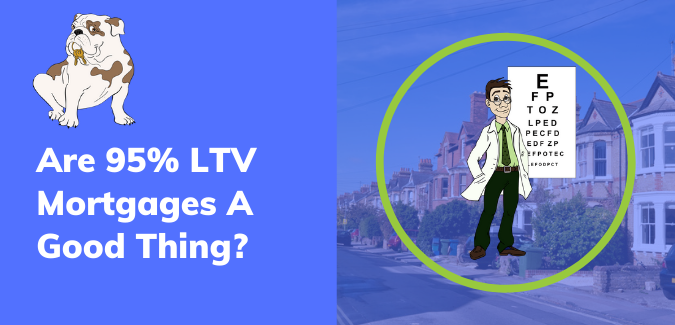
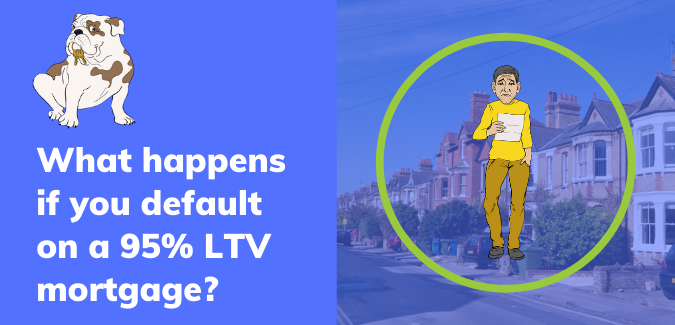

 Buying a home is a huge investment, perhaps the biggest one you will ever make. This is why it is important that you understand the process and the external factors that will impact your application. Securing a mortgage for the first time can be daunting. And with so many new terms to learn, you might quickly feel out of your depth. Minimum deposits, interest rates, legal structures and repayment terms can leave you feeling like you need to go back to school.
Buying a home is a huge investment, perhaps the biggest one you will ever make. This is why it is important that you understand the process and the external factors that will impact your application. Securing a mortgage for the first time can be daunting. And with so many new terms to learn, you might quickly feel out of your depth. Minimum deposits, interest rates, legal structures and repayment terms can leave you feeling like you need to go back to school.